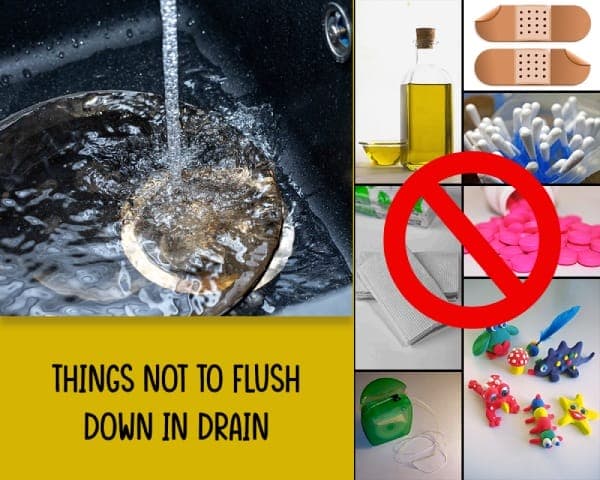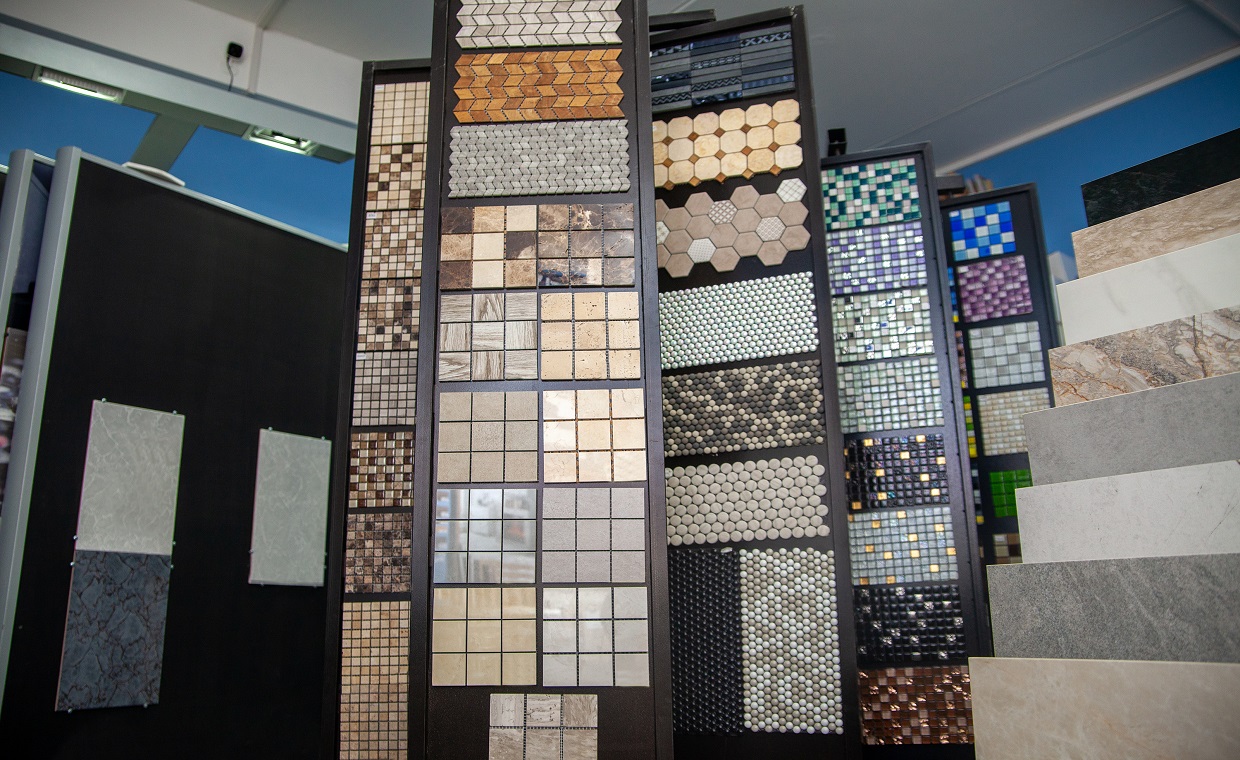
It is amazing what people think is okay or even a good deal to flush down drains. There are chemicals that will harm the plumbing system and the environment and objects that will not melt or break down but will cause the whole drainage system to clog and water to back up into the home. Some people even dump fish and other small animals down the drain when they no longer want them or the animals die. If in doubt, ask a plumber you trust about what items or things you should never flush down the drain.
What Can One Do If the Mistake is Made and the Drain is Blocked?
When water is backing up into the home, it means the drainage system is blocked and a plumbing company such as Maplewood Plumbing should be called. The plumbing blockage might not be caused by one wrong item flushed down the drain, but a collection of things washed or flushed down the home’s drains over a period of time. Good, licensed plumbers have been unclogging drains in St. Louis for a long time.
After a blockage and sewage back up happen, the homeowner should ask the plumbing expert for a list of things that should not be flushed down the home’s drains. Keep that list handy and educate every member of the family about the things that should not be flushed down the drains. Everyone might be surprised at the 10 things that are the worst to flush down drains. Some of the items are easier to flush than to deal with in other ways. But, doing the easy thing can add up to an expensive plumbing repair bill.
How Are Drains and Sewer Lines Cleaned?
In order to remove debris from a drainage or sewer system, the plumbing company must locate the blockage. The plumbing company should have all the latest equipment to do the best job. They will do a mainline camera inspection to find the problem area. Some blockages can be cleared using a plumbing snake on a real, other times hydro-flushing might be needed. Hydro-flushing involves using a machine to shoot high pressure-driven water with special nozzles through the pipes and sewer lines to clear the blockages and clean everything out.
Blockages can happen in a sink drain, in a garbage disposal, in a shower drain, in a toilet, or further along the sewer or drainage system. That is why a good plumber needs the diagnostic tools he uses. There is a difference in labor required to fix a plumbing system from near the point of use clog to a blockage 20 feet into the drainage system. If a ring or other object has been accidentally dropped into a sink or toilet, the plumber might be able to retrieve it from the trap that’s close to the plumbing fixture.
If a child flushed a toy, towel, or another object down the toilet out of curiosity, the plumber will remove the toilet and hope to extricate the item from the lower curved part of the toilet. When a sink or a shower is clogged, the culprit could be hair built-up in the drain near the fixture. Then, there are trees and shrubs that can send roots into the drainage or sewer lines blocking them. Roots need to be ground away with specialized equipment that plumbers carry.
You may like to read how to clean Clogged Drain (Toilet, Sink Sewer Pipe)
Signs That a Drain Might be Clogged & Plumber Should be Called
There are definite signs that plumbing is clogged and a plumber should be called. These signs include water that is slow to drain from a sink, tub, shower or toilet, water that is backed up and won’t drain at all, bad odors in the drains, and water that is pooling around a sink, floor drain, laundry room, or toilet. If the clogged drain is not cleared quickly, more water flooding can do damage to the home.
10 or More Things You Should Never Flush Down the Drain
So, how do you avoid clogged drains and dirty water backing up into your home? It is hard to stop tree roots from getting into the sewer lines underground but most blockages are caused by the wrong things being tossed down drains. These things include:01. Grease, fat, and oil may be liquid when they are poured down the drain, but in the cold pipes, they solidify and coat the pipes, making the opening smaller and smaller and, eventually, totally blocking the pipe.
02. Dental floss goes in the wastebasket under the sink, down the drain where it will tangle and block the drain.
03. Bandages, medications, and drugs do not belong in the sewer system. Bandages are partly plastic and do not break down – they clog the system. Drugs and medications help pollute the town water supply, rivers, lakes, and oceans.
04. Fabric anything, such as disposable wipes, tampons or pads, should never be put down the drain because they will absorb water and sewage and expand, causing sewer system blockages. This includes disposable diapers that will clog up a septic system.
05. Tissues and paper towels are different than toilet paper. They are thicker and do not break down the same way. They absorb water, get bigger, and cause nasty clogs and calls to a plumber. Face wipes, cotton swabs, and napkins are going to cause clogs.
06. Do not flush condoms or other latex or plastic items down the toilet. They don’t decompose, so they cause blockages.
07. Do not let hair build up in drains or flush hair down the toilet because it will form giant hairballs that clog up the plumbing.
08. Chewing gum, play dough, and all those plastic gooey kids play substances that get kneaded and molded into fun shapes will plug sewer lines.
09. Kitty litter is like clay, and it will not go gently down the drain and away. It will clog up the whole drainage system.
10. Bleach and other chemicals, such as ammonia, can react with other things in the drainage and sewer pipes to create dangerous fumes and clogs.Afterall, be careful what goes down your drainage system to avoid clogs and sewer water backups. Clogged pipes cause serious financial expenses that could have been avoided.
You may also like to read our other articles written on plumbing:

































